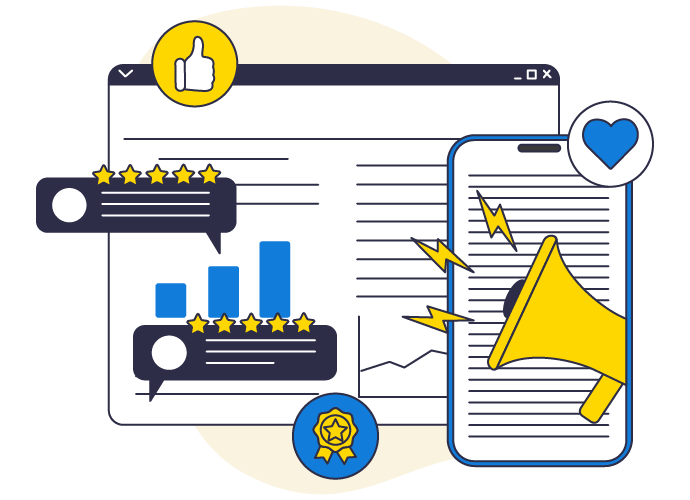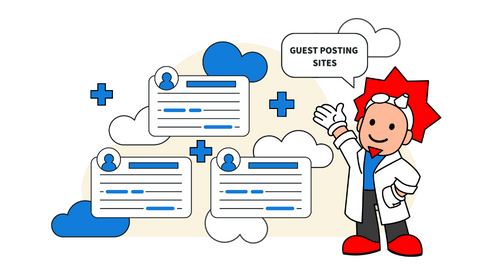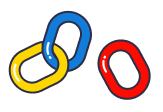Finding Journalists
When tasked with finding journalists for your media campaigns, it's a good idea to start with a comprehensive list of keywords. As you search the web for potential journalists, you'll likely come across additional keywords that can be useful. For example, if I was working on a dating apps campaign, here are some examples I'd start with:
- Is my boyfriend cheating?
- What to wear on my first date
- Date ideas
- First date tips
- First-date anxiety
- Questions to avoid on a first date
- Spring date ideas
- Tips for flirting
Once you've compiled your list of keywords, begin your search on Google. After entering your keywords, click on the "news" option to filter the results and focus solely on news articles.
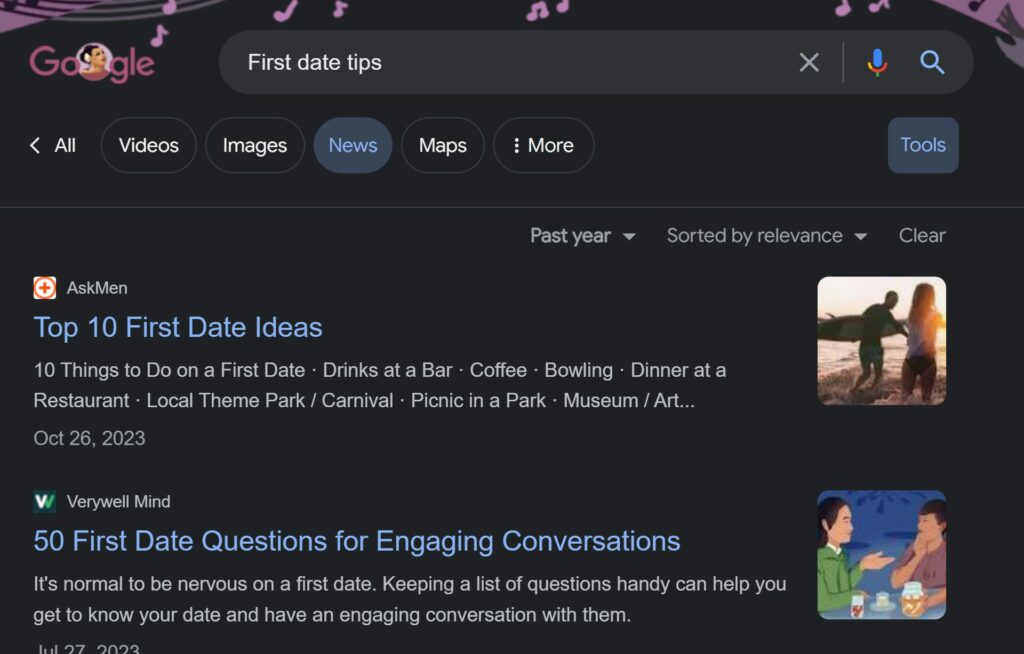
Continuing on with the dating example, we'd prioritize journalists who specialize in dating topics, relationships, and sexuality without overlooking journalists who cover trending topics or lifestyle subjects. For instance, if a journalist has written about dating in the past but also covers lifestyle topics like holidays, tips, or entertainment, they could still be a valuable contact.
Example: Using the Keyword "Tips for Flirting"
Take, for example, the article titled "15 Flirting Tips According to Relationship Experts" by Sanjana Gupta on Verywell Mind. While Gupta primarily writes about wellness and mental health, she often explores relationship topics. Although she may not directly cover our study, her interest in relationships makes her a potential candidate for mentioning our findings in future articles.
When evaluating journalists, consider factors such as:
- Does the journalist cover similar topics?
- Is the journalist active in producing content? (if he/she hasn’t published any articles for the last 2 months, ignore them)
More Examples:
Do:
Alexis Jones, Women's Health Magazine:
https://www.womenshealthmag.com/author/220051/alexis-jones/
Jones frequently covers dating topics, making her a relevant contact for our study.
Don't:
Charlotte Maracina, CNET: https://www.cnet.com/tech/services-and-software/best-online-dating-apps/
Although Maracina writes about online dating apps, further exploration reveals that her focus is primarily on product reviews. As such, our study may not align with her typical coverage.
Leah Stodart, Mashable: https://mashable.com/author/leah-stodart
Stodart's primary focus is on tech news, indicating that a dating app study may not be suitable for her audience.
By following these steps and carefully evaluating each journalist's focus and coverage, you can effectively identify relevant contacts for your dating study outreach.
Finding Journalist Emails
This guide outlines a systematic approach to find the email addresses of journalists effectively.
Starting with News Outlets
Begin with Specific Outlets: Start your search with specific news outlets where the journalist works. For example, if you're looking for a journalist from CNET, focus your initial search there.
Utilizing Social Media and Personal Websites
Check Social Media Profiles: Many journalists include their contact information in their social media bios. Twitter is a common platform where journalists might share their emails or provide links to their personal websites.
Explore Personal Websites: Journalists often have personal websites or portfolios that include their work and contact information. Look for sections like "About Me" or "Contact" to find their email address.
If the email isn't directly listed, look for a contact form or other indirect methods of contacting them.
Here's a great example of this working perfectly.
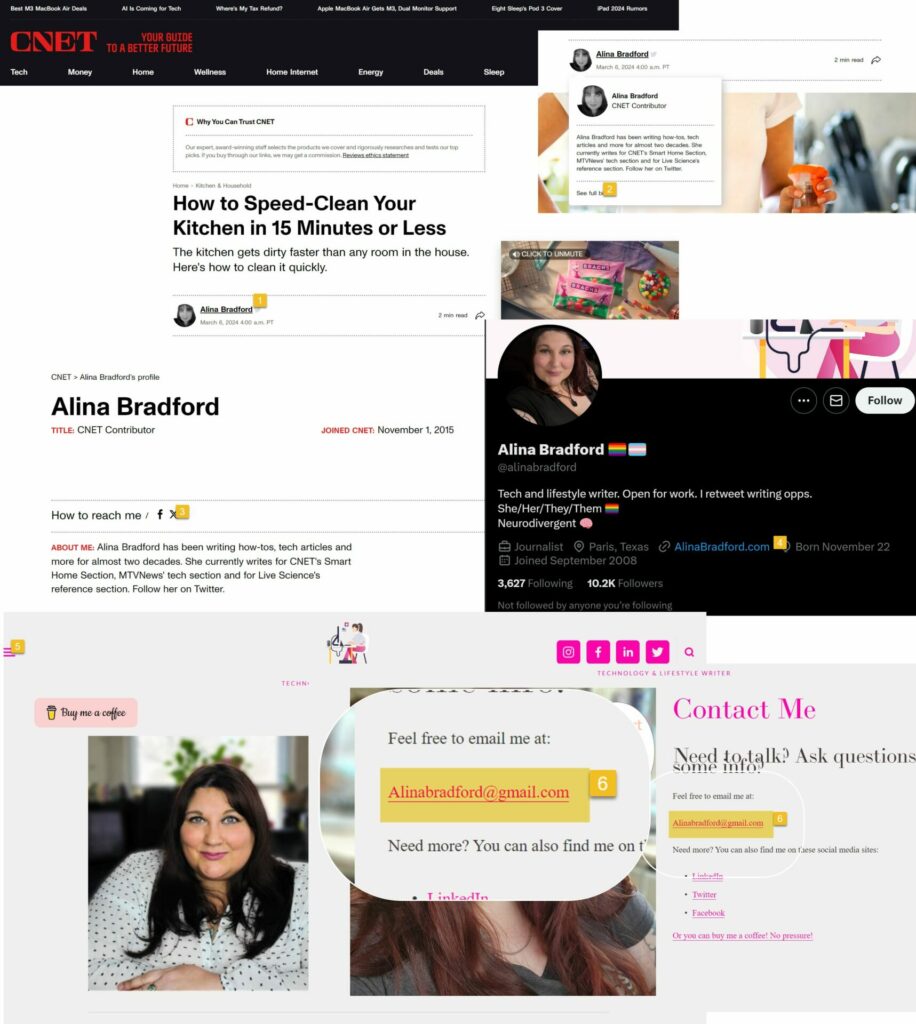
Additional Tips for Finding Emails
Facebook About Page: If the email isn't found on Twitter or their personal website, the next place to check is the journalist's Facebook About page, where some journalists prefer to list their contact information.
LinkedIn Profile: LinkedIn is another platform where journalists might list their contact information. However, due to privacy concerns, it's less common for journalists to include their email addresses openly here.
Google Searches: Begin by searching the journalist's name along with the domain of their media outlet on Google. This can lead to the journalist's bio page or a Muck Rack profile where their email might be listed.
Twitter Searches: For journalists who haven't listed their email in their Twitter bio, use a targeted search approach. For example, if searching for Ted, a Daily Mail journalist, type "@tedthornhill email" in the search bar. This can reveal instances where Ted has shared his email in tweets. Verify the domain of the email to ensure its accuracy and relevance.
Leveraging Tools for Email Discovery
Apollo allows you to search for journalists by name and provides email addresses associated with their LinkedIn profiles. Apollo offers limited free credits upon signing up, and you can use multiple emails for more searches.
Hunter is another useful tool that requires you to input the journalist's name and their company's domain. Hunter is designed to find email addresses associated with the domain, making it easier to pinpoint the journalist's contact information.
Finding a journalist's email can sometimes require looking through various sources and utilizing multiple tools. Always approach your search with respect for privacy and professional boundaries.
Once you've found an email address, consider verifying its accuracy to ensure your message reaches the intended recipient. Tools like Hunter often provide a confidence score or verification feature to help with this.
By following these steps and utilizing the available tools, you can significantly increase your chances of finding the correct email addresses for journalists, facilitating better communication and outreach for your stories or press releases.
